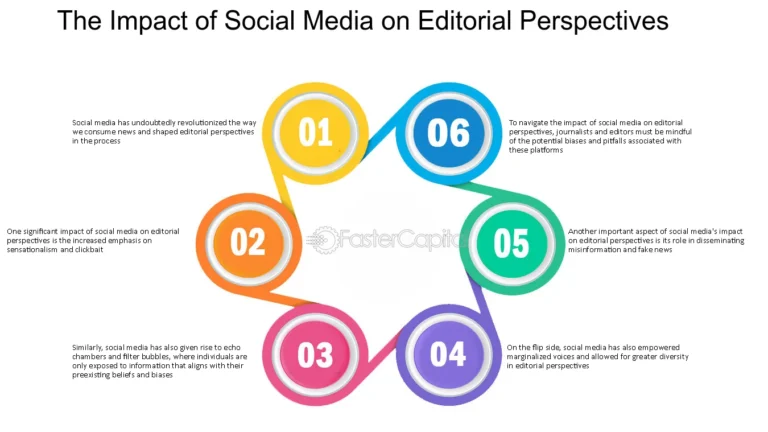In an era dominated by rapid information exchange and social media, the importance of fact-checking has never been more critical. The proliferation of misinformation, whether through social networks, news outlets, or word-of-mouth, can distort public perception and skew understanding of vital issues. Fact-checking serves as a vital mechanism for distinguishing between facts and falsehoods, helping to uphold integrity in discourse. By scrutinizing data, referencing credible sources, and employing rigorous research techniques, fact-checkers enhance the credibility of information and foster accountability among those disseminating it. This article delves into the significance of fact-checking, its methodologies, and its role in promoting an informed society.
Understanding Fact-Checking
Fact-checking is the process of verifying the accuracy of claims made in various forms of communication. This includes journalism, speeches, social media posts, and advertisements. By examining data and referencing reputable sources, fact-checkers strive to confirm or refute statements. This process not only bolsters the credibility of the information but also holds individuals and organizations accountable for their assertions. In a world where misinformation spreads rapidly, fact-checking acts as a critical line of defense against the tide of false information.
The Rise of Misinformation
The digital age has created a double-edged sword: while information is more accessible than ever, the potential for misinformation has grown exponentially. Social media platforms have become hotbeds for the rapid spread of falsehoods, leading to a significant erosion of trust in reliable information sources. Studies indicate that a large percentage of the public recognizes misinformation as a major concern, which underscores its pervasive nature in contemporary discourse. The ramifications of misinformation are profound, as seen during the COVID-19 pandemic, where misleading information about the virus and vaccines caused confusion and hesitancy, ultimately impacting public health responses.
The Role of Fact-Checkers
Fact-checkers play a pivotal role in countering misinformation. They operate independently or as part of larger news organizations and academic institutions dedicated to promoting truth in journalism. These professionals employ a systematic approach to verifying claims. They begin by identifying specific statements made in public discourse, researching reputable sources to gather relevant information, and analyzing the findings to assess the claim’s accuracy. By categorizing the results and publishing them, fact-checkers provide transparency and clarity to the public, allowing individuals to understand the rationale behind the evaluations.
Challenges Faced by Fact-Checkers
Despite their essential role, fact-checkers encounter numerous challenges in their work. One significant obstacle is the overwhelming volume of misinformation that proliferates online. With the rapid growth of content on social media, it is nearly impossible for fact-checkers to monitor every claim. This often leads to prioritizing high-profile or widespread misinformation, leaving less notable falsehoods unchecked. Additionally, fact-checkers face the issue of confirmation bias, as individuals tend to accept information that aligns with their existing beliefs. This resistance to accepting factual corrections can undermine the impact of fact-checking efforts, making it difficult to reach audiences effectively.
The Future of Fact-Checking
Looking ahead, the future of fact-checking will require adaptation and innovation. Technological advancements, such as artificial intelligence and machine learning, hold promise for improving the efficiency of fact-checking processes. By automating the identification of false claims and streamlining research efforts, these tools can enhance the capacity of fact-checkers to address misinformation promptly. Moreover, collaboration among fact-checking organizations, tech platforms, and educational institutions is crucial for fostering a culture of critical thinking. By educating the public on how to discern credible information from misinformation, we can empower individuals to play an active role in seeking the truth.
Conclusion
In conclusion, fact-checking is an indispensable component of our information ecosystem, serving as a bulwark against the tide of misinformation that threatens public trust and informed decision-making. As consumers of information, it is imperative to approach claims with skepticism and actively seek out verified facts. By supporting fact-checking initiatives and promoting critical thinking, we can collectively work towards a more informed and truthful society. The road ahead may be challenging, but the pursuit of truth remains a vital endeavor in safeguarding democracy and public well-being.











+ There are no comments
Add yours